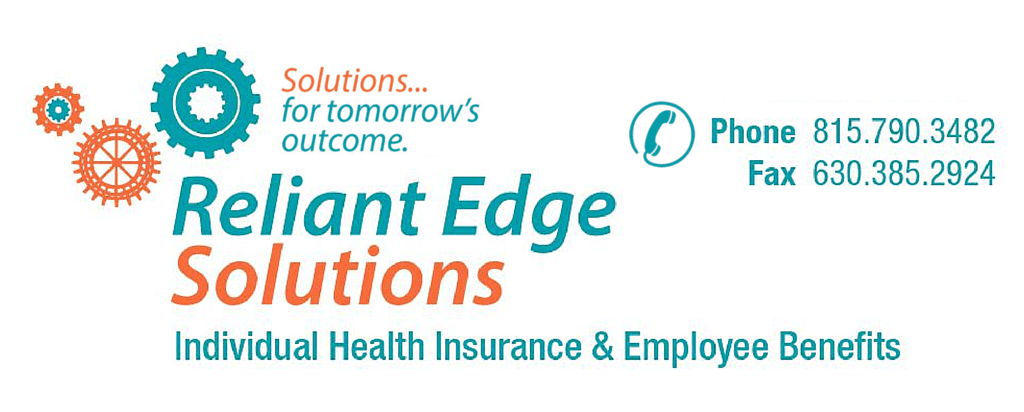We’ve harped on this for a while. Alternative funding solutions for group health benefits are gaining traction among small to mid-size groups.
Changes to small group rules as of this coming January is driving demand for funding solutions. Groups with 50-100 employees will be subject to community rating legislation that governs rates and coverage offered.
Here is how the new rules will affect small to midsize groups (like yourself), as well as solutions available to mitigate potential costs and benefits/challenges of early renewal.
How do the new rules affect small to midsize groups?
Group health rates in 2016 will not be based on the experience (or medical status) of your employees. Rates will be set solely based on the age and location of the members. The age bands also are drastically reduced and no one age group can be charged more than 3x the rate of another age band. These changes will reduce the range of insurance rates. There are also changes to the type of coverage that must be provided, generally streamlining the coverage and eliminating some high- and low-end plans.
Is there a way to quantify the potential financial impact on employers?
We saw this two years ago in the community rating changes for groups with 2-50 lives. This January employers in the 50-100 life segments face significant, financial challenges as they become subject to the community rating environment. For example, a 75-life group with average or better-than average demographics, can expect in excess of 25%, or more than $150,000 in additional funding costs. This increase is derived from a 10-15% normal carrier trend and a 10-15% change in rating methodology.
What solutions are available to employers to mitigate this cost?
There are a number of alternative funding strategies that can help mitigate the financial impact of switching to a community rating environment and provide greater certainty and protection than the typical, partially, self-funded solutions for larger employers. These alternative funding solutions are outside the community rating rules, which means employers could benefit from a 5% reduction in taxes or fees; 5% reduction due by eliminating carrier profit; and 10-15% decrease by returning to a more favorable rating method. Another alternative is for employers to renew plans early; an option that requires fully vetting changes to plans years and the impact of other benefits.
Is early renewal an option for all groups?
In theory all groups are candidates subject to specific state laws and carrier rules. Some younger, lower rate groups should consider a December 2015 early renewal to preserve lower rates for another year. Older, more expensive groups should be evaluating a change in plan as of January 1, 2016, to access the new lower community rates earlier.
Are there certain groups that could benefit from access to community rates?
Depending on demographics, certain groups that have historically experienced rate increases in the high teens or more may be able to access the new underwriting pool on January 1, 2016, and may benefit through lower overall renewal increases – and, perhaps, even realize a rate decrease. Certain employers in the 50-100 segments should analyze their current population and determine whether new underwriting requirements is cost effective.
What else should employers be thinking about if they chose to renew early?
Renewing the plan early has several other implications that must be fully vetted. First, some states and/or carriers may not allow early renewal. Medium-sized employers, relying on relief from the employer mandate for 2015, should be aware that any change in plan year impacts their eligibility for this relief and may trigger penalties associated with not offering coverage to full-time employees earlier than expected. Section 125 plans must be reviewed and may need to be amended. Finally, other coverage renewal dates should be addressed.
Confused? You are just like many other business owners.
Call us at 630-790-3482 and we can discuss your particular situation.
Until next week,
Keith Leitzen
President, Reliant Edge Solutions, Inc.
